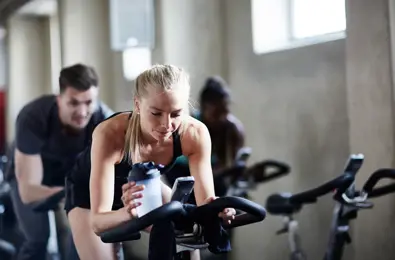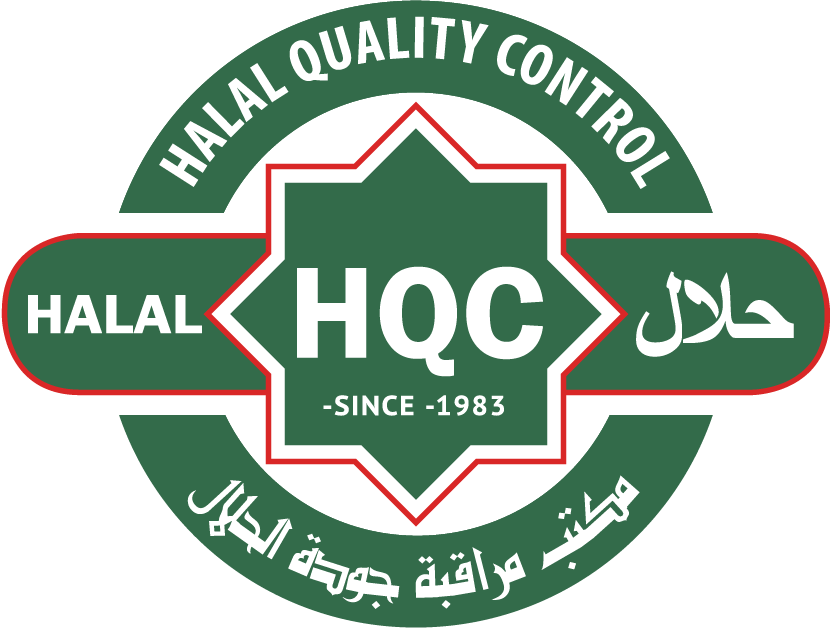A top performance all round with high-quality proteins
High-quality sports nutrition is crucial to maximise the benefit of training. For elite athletes, this is key to achieving the very best performance. Even in the general population, appropriate nutrition can optimise the body’s adaptation to training and subsequent gains. This applies to everyone, from elite athletes to weekend warriors, people wishing to lose weight and patients in need of specific rehabilitation training.
Resistance exercise
In resistance training regimes, the aim is to maximise muscle protein synthesis (MPS) while limiting muscle protein breakdown (MPB). MPS is the metabolic driver responsible for muscle mass – and, to a large extent, for muscle strength. Proteins contribute to growth and maintenance of muscle mass.
When a protein-rich diet is consumed – particularly in combination with resistance exercise – MPS is increased while MPB is reduced, leaving the muscle in a net anabolic state which, over time, can lead to muscle accretion. Extensive ongoing research is investigating the optimal source, dose and timing of protein intake to improve or maintain muscle size and strength. Proteins of high nutritional quality, such as whey protein, are rapidly absorbed and rich in leucine and other BCAAs. These have consistently been shown to contribute to growth and maintenance of muscle mass.
In young athletes, 20g of whey protein – and up to 40g when training larger muscle groups[1] – seems to stimulate optimal MPS. In the elderly, however, sensitivity is reduced and larger amounts of protein are needed per kg bodyweight for optimal stimulation of MPS[2]. In recently completed PhD studies performed in collaboration with Arla Foods Ingredients, supplementation with extensive hydrolysed whey protein (WPH) was shown to augment muscle growth during 12 weeks of resistance training[3].
Endurance exercise
In endurance athletes, replenishment of glycogen stores after exercise is crucial and requires intake of carbohydrates. However, additional benefits have been observed when protein and carbohydrates are consumed at the same time. Furthermore, specialised training regimes are increasingly popular, for instance aimed at an improved ability to use fat as substrate (training with low glycogen stores).
At Arla Foods Ingredients, we are currently investigating this in studies in collaboration with Team Denmark and the Innovation Foundation.
Post-exercise immune suppression
After heavy exercise, the immune system is challenged, leaving the body prone to infections, and there may be a potential for protein ingestion to alleviate this4.
Relevant external links: essna
[1] Macnaugthon et al 2016
[2] Moore 2015
[3] Farup 2014 SJMSS
[4] Witard 2013



